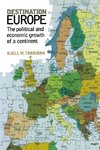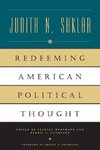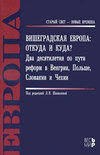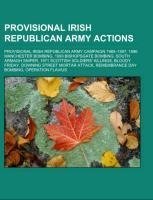
-
 Anglický jazyk
Anglický jazyk
Provisional Irish Republican Army actions
Autor: Source: Wikipedia
Source: Wikipedia. Pages: 57. Chapters: Provisional Irish Republican Army campaign 1969-1997, 1996 Manchester bombing, 1993 Bishopsgate bombing, South Armagh Sniper, 1971 Scottish soldiers' killings, Bloody Friday, Downing Street mortar attack, Remembrance... Viac o knihe
Na objednávku, dodanie 2-4 týždne
16.81 €
bežná cena: 19.10 €
O knihe
Source: Wikipedia. Pages: 57. Chapters: Provisional Irish Republican Army campaign 1969-1997, 1996 Manchester bombing, 1993 Bishopsgate bombing, South Armagh Sniper, 1971 Scottish soldiers' killings, Bloody Friday, Downing Street mortar attack, Remembrance Day bombing, Operation Flavius, Warrenpoint ambush, Corporals killings, Loughgall Ambush, Attacks on shipping in Lough Foyle, Battle of St Matthew's, Brighton hotel bombing, M62 coach bombing, Coalisland riots, Attack on Derryard checkpoint, Birmingham pub bombings, Dunmurry train explosion, Deal barracks bombing, Clonoe ambush, Shankill Road bombing, Harrods bombing, Balcombe Street Siege, Osnabrück mortar attack, Drummuckavall Ambush, RFA Fort Victoria, Proxy bomb, 1985 Newry mortar attack, Peter Terry, Operation Conservation, Hyde Park and Regent's Park bombings, Crossmaglen mortar attack, La Mon restaurant bombing, Attack on Ballygawley barracks, Warrington bomb attacks, 1996 Docklands bombing, Glasdrumman ambush, Glenanne barracks bombing, Attack on Cloghogue checkpoint, Ballygawley bus bombing, Guildford pub bombings, Rheindahlen Military Complex, Kings Arms, Woolwich, London Hilton bombing. Excerpt: From 1969 until 1997, the Provisional Irish Republican Army (IRA) conducted an armed paramilitary campaign in Northern Ireland and England, aimed at ending British rule in Northern Ireland in order to create a united Ireland. The Provisional IRA emerged from a split in the IRA in 1969, partly as a result of that organisation's percieved failure to defend Catholic neighbourhoods from attack in the 1969 Northern Ireland riots. The Provisional gained credibility from their efforts to physically defend such areas in 1970 and 1971. From 1971-72, the IRA took to the offensive and conducted a relatively high intensity campaign against the British and Northern Ireland security forces and the civilian infrastructure. The British Army characterised this period as the 'insurgency phase' of the IRA's campaign. The IRA declared a brief ceasefire in 1972 and a more protracted one in 1975, when there was an internal debate over the feasibility of future operations. The organisation reorganised itself in the late 1970s into a smaller, cell-based structure, which was designed to be harder to penetrate. The IRA now tried to carry out a smaller scale but more sustained campaign which they characterised as the 'Long War', with the eventual aim of weakening the British government's resolve to remain in Ireland. The British Army called this the 'terrorist phase' of the IRA's campaign. The IRA made some attempts in the 1980s to escalate the conflict with the aid of weapons imported from Lybia. In the 1990s they also began a campaign of bombing economic targets in London and other cities in England. On 31 August 1994, the IRA called a unilateral ceasefire with the aim of having their associated political party Sinn Fein, admitted into the Northern Ireland Peace Process. The organisation broke its ceasefire in February 1996 but declared another in July 1997. The IRA accepted the terms of the Good Friday Agreement in 1998 as a negotiated end to the Northern Ireland conflict. In 2005 the orga
- Vydavateľstvo: Books LLC, Reference Series
- Rok vydania: 2014
- Formát: Paperback
- Rozmer: 246 x 189 mm
- Jazyk: Anglický jazyk
- ISBN: 9781156575208
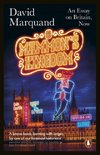
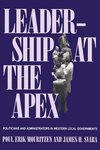
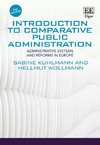



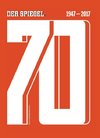
 Nemecký jazyk
Nemecký jazyk 
 Ruský jazyk
Ruský jazyk 